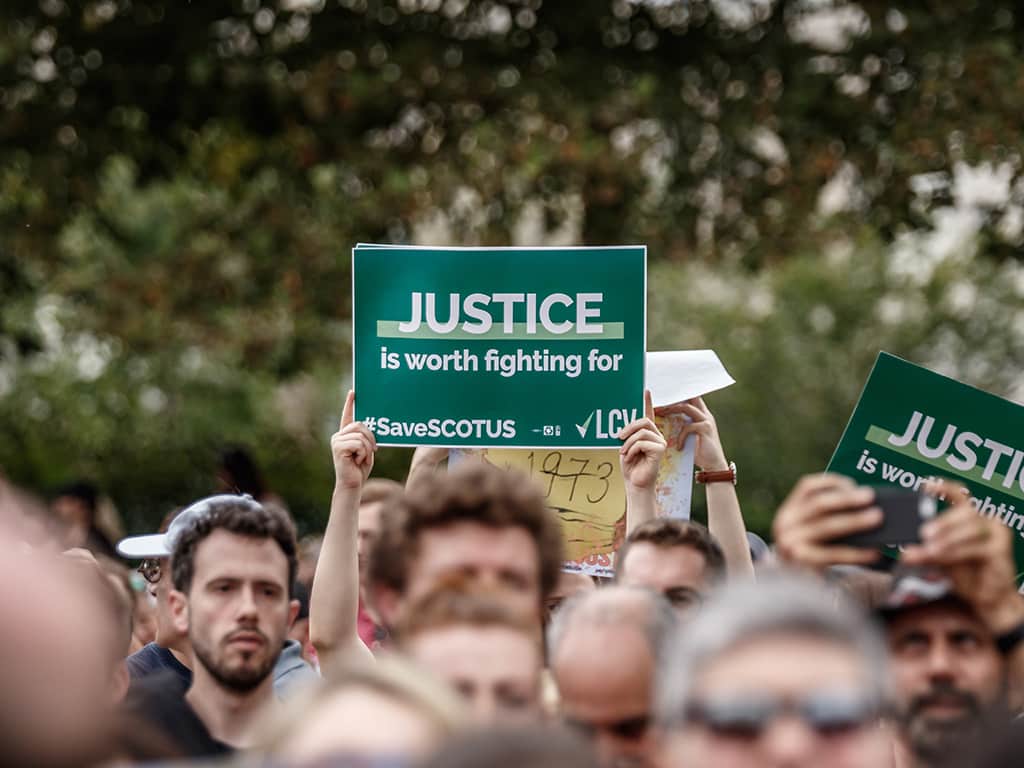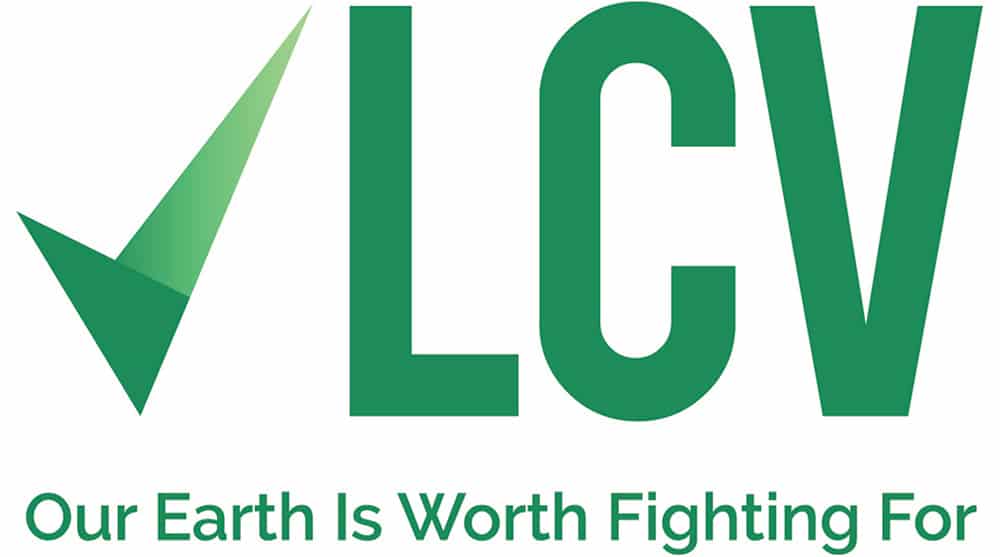LCV (League of Conservation Voters) envision a world in which tackling the climate crisis, confronting environmental injustice, and strengthening our democracy lead to cleaner and healthier communities, good, well-paying jobs, and a more just, equitable, and sustainable planet for all. Their commitment to anti-racism is part of everything they do, both externally and internally, including holding discussions on important topics such as how Black communities have long been targets of environmental injustice.
Learn more about LCV’s commitment to anti-racism as our featured spotlight partner.
WHO WE ARE AND WHAT WE DO

At LCV, we build political power for people and the planet. Yet political power is not equitably distributed in our country and never has been — the racism that is so deeply embedded in our country’s governance and structures means Black, Indigenous, and other communities of color are more impacted by climate change, breathe more polluted air, face greater barriers to voting, and have been habitually excluded from the spaces where decisions are made. If we’re going to equitably build power for people and the planet, it means we need to intentionally dismantle these racist structures and their legacies.
To address these interconnected challenges, LCV influences policy by working with and holding elected officials accountable, mobilizing, organizing, and building grassroots power in communities, electing candidates who share our values, and partnering with and supporting the Conservation Voters Movement (CVM) and allies.
Guiding and motivating our actions are LCV’s aspirational values – accountability, anti-racism, community, innovation, learning, and sustainability – which shape every decision across our organization both internally and externally. Central to these values is our firm commitment to center racial justice and equity in all of our work, including our external climate, democracy, and electoral work and our internal policies, practices, and structures.
Our commitment to anti-racism

We value being part of an organization that centers and advances racial justice and equity in all of our work, including our external climate and democracy work and our internal policies, practices, and structures. Our efforts to protect the environment and engage in the political process must be rooted in an understanding of environmental, racial, and social justice–all on their own and in how they intersect –and how that understanding informs our actions.
Example of Action
We recently held an Instagram Live with LCV Chief Officer for Racial Justice and Equity Leslie R. Hinkson, PhD, LCV Conservation Program Director Alex Taurel, and Human Rights Watch Researcher and Advocate Dreisen Heath to discuss how deep rooted racism in this country has prevented Black communities from accessing their civil rights and how Black communities have long been targets of environmental injustices.
Now is the moment to be bolder than we’ve ever been before, and to do so, dismantling structural racism should be a top priority. We believe the call for reparations for African Americans is a first and necessary step towards achieving this goal, which is why we support H.R. 40 and its companion S. 40 becoming law. Representative Sheila Jackson Lee’s H.R. 40 and Senator Cory Booker’s companion S. 40 would create a commission to study slavery, its lingering effects, and the discrimination faced post-emancipation by African Americans. The commission will recommend ways to educate the American public of their findings and propose “appropriate remedies,” which may include compensation for the ongoing harm of the institutions of slavery and its Jim Crow offspring, as well as broader policies and legislation that would help rectify racism in our country’s structures and governance. There is no doubt that environmental justice will be a key focus of this commission.

To learn more about LCV and their mission, visit lcv.org and follow @LCVoters on Twitter and Facebook.
